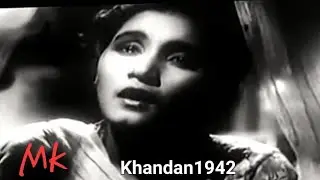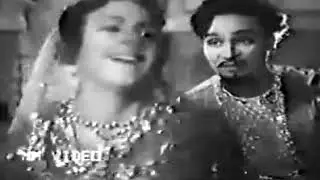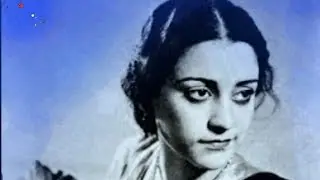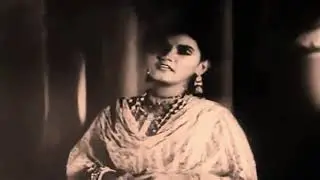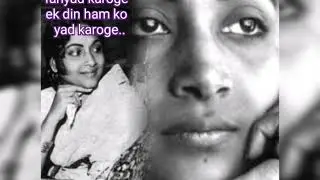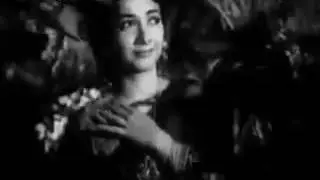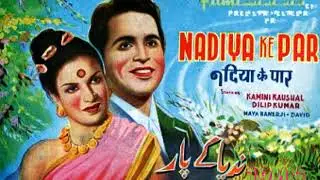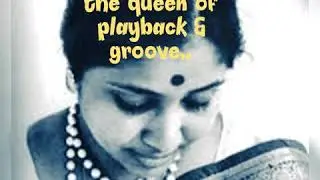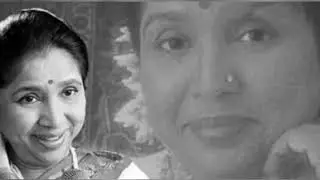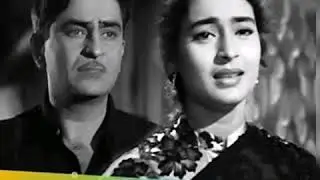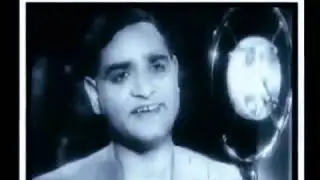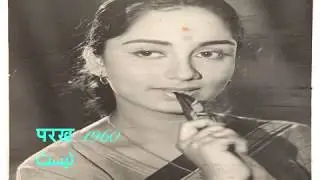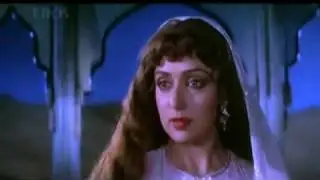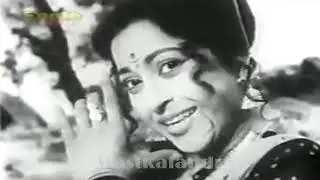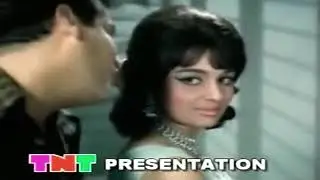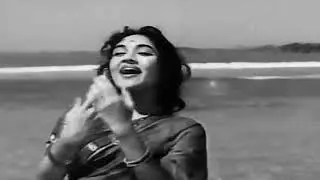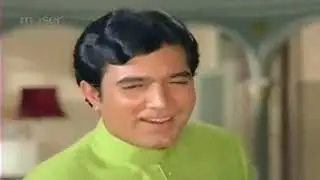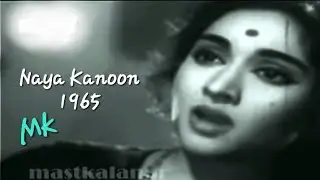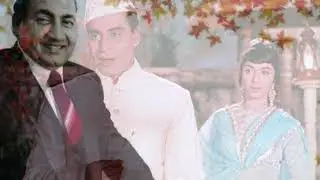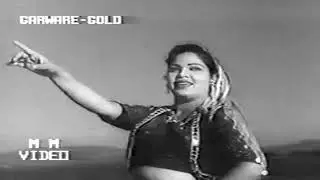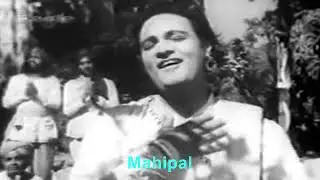ambua ki dari bole kahe koyaliya,aaja balamva..Asha Bhosle_ Bharat Vyas_Nikhil Ghosh..a tribute
Song..ambua ki dari bole kahe koyaliya..aaja balamva hamar..
Album..Non Film song,Gair filmi geet,
Singer..Asha Bhosle,
Lyricist.. Bharat Vyas,
Music Director..Nikhil Ghosh,
(Nikhil Jyoti Ghosh),
Year.. 1952,
Music Maestro Nikhil Ghosh..
Nikhil Jyoti Ghosh (1918–1995) was an Indian musician, teacher and writer, known his proficiency on the percussion instrument of tabla. He founded Sangit Mahabharati, an institution of music in 1956, and performed on various stages in India and abroad. A recipient of the Ustad Hafiz Ali Khan Award, his style was known to have been aligned with the Delhi, Ajrada, Farukhabad, Lucknow and Punjab gharanas of music. The Government of India awarded him the third highest civilian honour of the Padma Bhushan, in 1990, for his contributions to Music.
Nikhil Ghosh
BornDecember 28, 1918
Barisal, East Bengal, British India
Diedmar Hindi 3, 1995 (aged 76) India
Occupation Musician
Music teacherAuthor Known forTabla ..
Spouse(s) UshaNayampally Children Nayan Ghosh, Dhruba Ghosh,Tullika Ghosh
Parent(s) Akshay Kumar Ghosh
Awards..Padma Bhushan
Ustad Hafiz Ali Khan Award
NIKHIL GHOSH (1919-1995)
by..Aneesh Pradhan
In-depth training and a rich repertoire are two of the many essential prerequisites that are demanded of a serious practitioner of Hindustani music. Tabla maestro Nikhil Ghosh had the distinction of being a recipient of both, thus making him a repository of traditional tabla solo compositions from the Delhi, Ajrada, Lucknow, Farrukhabad and Punjab gharanas. This inheritance was largely because of his tutelage under three gurus, namely, Gyan Prakash Ghosh, Amir Hussein Khan and Ahmed Jan Thirakwa. Among the three, Gyan Prakash Ghosh had studied under Maseet Khan and Feroze Khan, Amir Hussein Khan had learnt from his maternal uncle Munir Khan, and Ahmed Jan Thirakwa had been a disciple of Munir Khan, though he had also learnt from his uncles. To go further into the past, Munir Khan was said to have learnt from twenty-four gurus following the major styles of tabla playing. This legacy was handed down to Nikhil Ghosh by his gurus over several years of training.
Nikhil Ghosh did not come from a family of musicians, but his father and grandfather had studied music. It was however his elder brother Pannalal Ghosh, who first took up music as a professional pursuit. Known for his contribution to bringing the bansuri (bamboo flute) to centrestage in Hindustani music, Pannalal Ghosh was accompanied in several concerts and recordings by Nikhil Ghosh. Having had an exposure to raag music since as early age, Nikhil Ghosh also learnt vocal music. This passion for the melodic aspect of Hindustani music remained with him forever more, leading him to befriend vocalists and instrumentalists and to acquire traditional vocal compositions from leading senior vocalists.
However, it was the tabla that he focused on and went on to accompany a host of vocalists and instrumentalists. His solos were marked by an emphasis on traditional compositions and an adherence to the spirit and structural framework of the taal. For him, mathematics played a secondary role, as he laid greater stress on the language of the instrument presented through various compositions. He freely employed dynamics in his solos and accompaniment, often lending a dramatic element to the performance. He was equally open to experimenting with presentation, as is evident from his handling of the repertoire or even the manner of producing melody from the bayan (bass drum).
Nikhil Ghosh also had a brief stint as Assistant Music Director for Hindi feature films and had composed songs for non-film commercial recordings.
His tabla solo was released by His Master’s Voice and his accompaniment to vocal and instrumental music was also featured on some commercial recordings. He was also a regular broadcaster on All India Radio. Parallel to his professional commitment, Nikhil Ghosh was also an educationist. In fact, he focused more on this aspect in the later years of his life. He established a school for music and dance called Sangit Mahabharati, where music was notated as per a system devised by him. This system addressed in particular the specific needs of instrumental music and is explained in his book entitled Fundamentals of Raga and Tala with a New System of Notation.
Nikhil Ghosh was awarded the Padma Bhushan by the Government of India for his contribution to the field of Hindustani music.
Among his disciples are his children Nayan Ghosh, Dhruba Ghosh, Tulika Ghosh and others like Eknath Pimple, Datta Yande, Karodilal Bhatt, Aneesh Pradhan, Gert Wegner and Keith Manning.




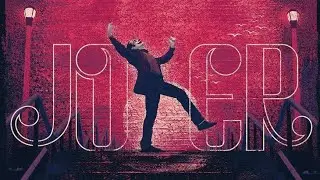
![Putting it Delicately (Ace Attorney Animation)[Paula Peroff]](https://images.videosashka.com/watch/Q18VrXYAR38)


